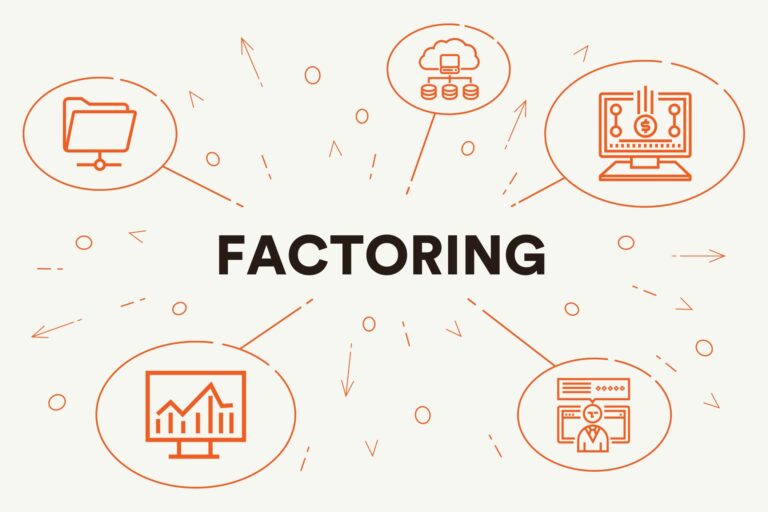
Someone who provides factoring services is called a factor. A factor is a middleman that finances a company’s inventory or accounts receivable for a specified short period of time, usually 30 to 150 days. Factoring consists of a funding source (the factor), a company, and their supplier, the factor will give the company money for their invoice or inventory upfront at a discount, and then the factor will collect the money from the supplier at the specified period of time. Another option is a factor can give a company the money upfront, and instead of collecting from the supplier, the factor will collect from the company with a small percentage of interest due at repayment. Factoring provides an increase to cash flow for a company, which can help their business run smoother and expand quicker. This is why SMEs (Small and Medium Enterprises) benefit the most from factoring.
Types of Factoring
There are two main terms to structure a contract for factoring: recourse factoring and non-recourse factoring.
Recourse Factoring
The company must take responibility for any invoices that the factoring company cannot collect payment on. This type of factoring comes at a lower interest rate than non-recourse factoring.
Non-Recourse Factoring
This is where the factor takes the risk for non-payment from the customer that is paying the company’s invoices. You usually pay around a percentage or more for non-recourse factoring over recourse factoring.

Reverse Factoring
Also known as supply chain financing, this is where the factor finances a company’s supplier instead of the company. This allows the supplier to get their money sooner, and the company ordering from the supplier has more time to pay their invoices. A prime example of reverse factoring is purchase order factoring, where a factor will pay the costs to a company’s supplier for the production and delivery of goods established by a purchase order.
Invoice Factoring
This is where a company sells their outstanding invoices to a factor in exchange for immediate cash. The factor will then collect payment of the invoices from your customers. A company sells their invoices to a factor at a discounted rate, at the benefit of the company improving their cash flow by getting their money immediately instead of waiting. This can be especially crucial for smaller companies that have to wait longer periods to get their invoices due to their smaller bargaining power.
Inventory Factoring
If a company needs money to purchase new inventory, they can use their existing inventory as collateral to acquire new inventory. The factor will pay upfront so that a company can fund their inventory, and once the company has sold their inventory they can repay the factor plus a small interest fee.
